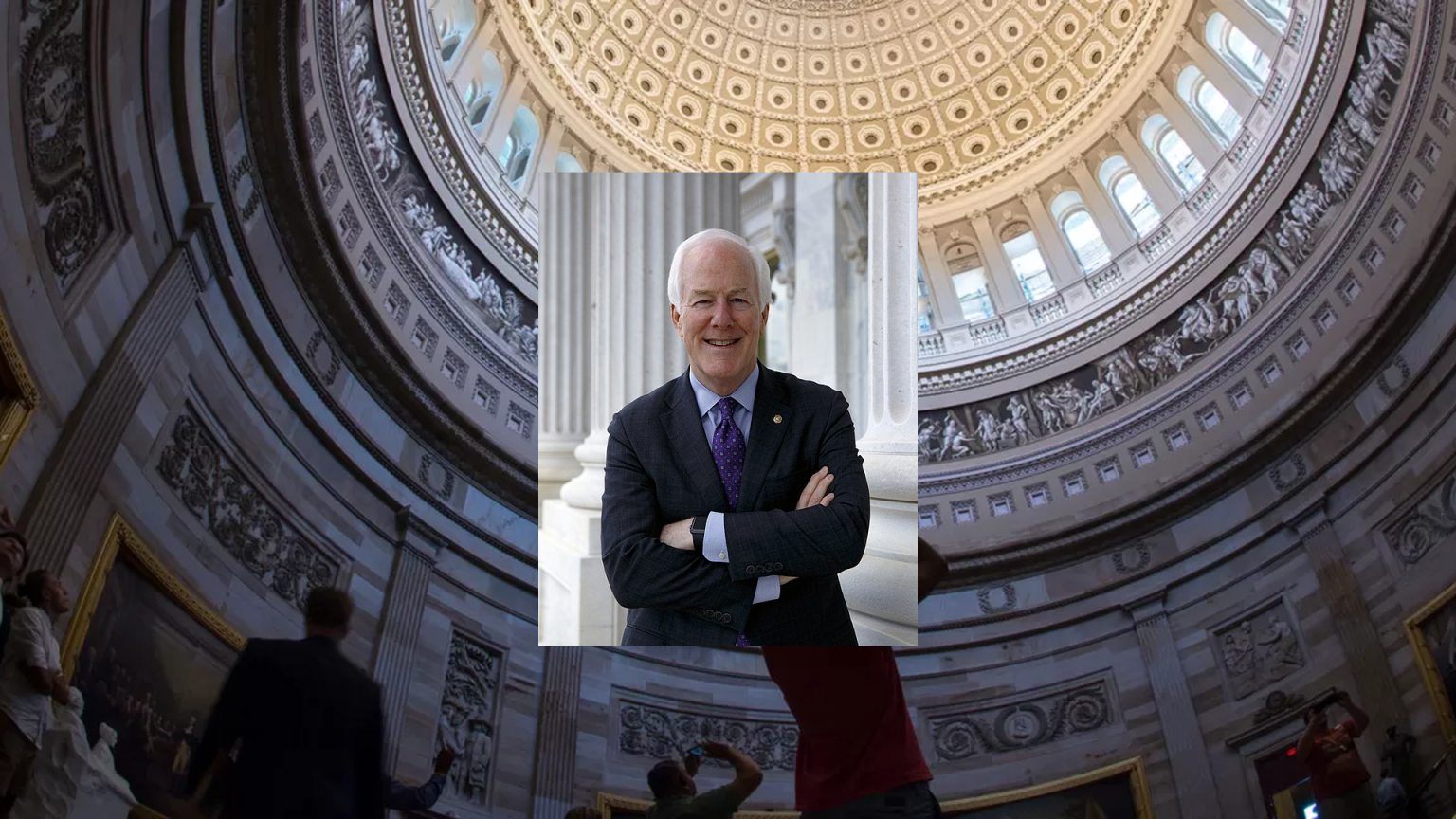Listen to the article
New Legislation Aims to Curb Foreign Influence in American Politics
A new bill designed to enhance transparency regarding foreign influence and funding in the United States has been introduced to Congress. The “Preventing Adversary Influence, Disinformation, and Obscured Foreign Financing Act of 2025,” or “PAID OFF Act of 2025,” seeks to modify the existing Foreign Agents Registration Act (FARA) of 1938.
Introduced on October 23 with eight cosponsors, the legislation specifically targets corporate or government entities controlled by foreign countries identified as concerning by the U.S. State Department. These entities would no longer qualify for exemptions that currently exist under FARA.
The bill establishes a formal process for designating “countries of concern,” requiring the Secretary of State, in consultation with the Attorney General, to propose changes to the list. To ensure proper oversight, any modifications must be submitted for approval to senior congressional committee members and would only take effect after Congress enacts a joint resolution of approval.
A notable feature of the legislation is its five-year sunset provision, requiring lawmakers to reassess the effectiveness of these new regulations after that period.
The PAID OFF Act addresses growing concerns about foreign interference in American democratic processes. In recent years, intelligence agencies have documented increasing attempts by foreign powers to influence U.S. elections, public opinion, and policy decisions through various channels, including social media campaigns, lobbying efforts, and financial contributions to organizations operating within the United States.
“Foreign influence operations have become more sophisticated and difficult to detect,” noted a national security analyst who requested anonymity. “This legislation aims to shine a light on those activities, particularly from countries with interests that may conflict with American national security.”
The bill comes at a time of heightened geopolitical tensions with several nations, including China and Russia, which have been accused of conducting influence operations targeting the United States. By strengthening disclosure requirements, the legislation could potentially impact numerous entities currently operating in the U.S. with connections to foreign governments.
Critics of the bill argue that the provisions may be overly broad and could hamper legitimate business activities or academic collaborations. However, supporters contend that the focus on transparency rather than prohibition strikes an appropriate balance between national security concerns and open engagement with the international community.
Senator John Cornyn, the bill’s sponsor, has been active in proposing legislation related to national security and government oversight. His recent proposals include the Kayla Hamilton Act and bills concerning nuclear security enterprise modernization, recruiter access to secondary schools, and inspector general testimony requirements.
With an estimated net worth of $1.5 million, ranking 289th among members of Congress according to Quiver Quantitative data, Cornyn has maintained a modest investment portfolio. His publicly disclosed stock trades include a purchase of Apple (AAPL) shares in August 2015, which have reportedly increased in value by over 900% since acquisition.
The PAID OFF Act aligns with broader bipartisan concerns about foreign interference in American institutions. Similar legislation has gained traction in recent years as lawmakers grapple with the challenge of preserving open democratic systems while protecting them from external manipulation.
As the bill moves through the legislative process, it will likely face scrutiny from various stakeholders, including civil liberties advocates, business groups with international ties, and foreign policy experts concerned about potential diplomatic repercussions.
The legislation represents one of several recent attempts by Congress to address vulnerabilities in the American political system to foreign influence operations, reflecting a growing consensus about the need for stronger safeguards against covert foreign activities within U.S. borders.
Fact Checker
Verify the accuracy of this article using The Disinformation Commission analysis and real-time sources.




10 Comments
This proposed legislation aims to increase transparency around foreign influence in US politics. Seems like a reasonable step, though the devil will be in the details around designating ‘countries of concern’ and FARA exemptions.
Agree, the 5-year sunset provision is a good way to force regular reviews and updates to address evolving threats.
I’m curious to learn more about the process for designating ‘countries of concern’ under this bill. Transparency and accountability will be essential.
Curbing foreign disinformation and interference is important, but we need to make sure these efforts don’t trample on legitimate free speech and political activities.
Good point. Balancing national security with civil liberties will be a delicate challenge.
Curbing foreign disinformation and interference in US elections is critical for democracy. This bill looks like it could be an important tool, if implemented effectively.
True, but oversight and checks on the designation process will be key to ensure it’s not abused for political purposes.
Foreign influence in US politics is a serious issue that needs to be addressed. This proposed legislation seems like a reasonable approach, though the details will be critical.
Agreed, we’ll have to see how the implementation plays out in practice.
Interesting that this bill targets corporate and government entities controlled by ‘countries of concern.’ I wonder how they’ll define and keep that list up-to-date.